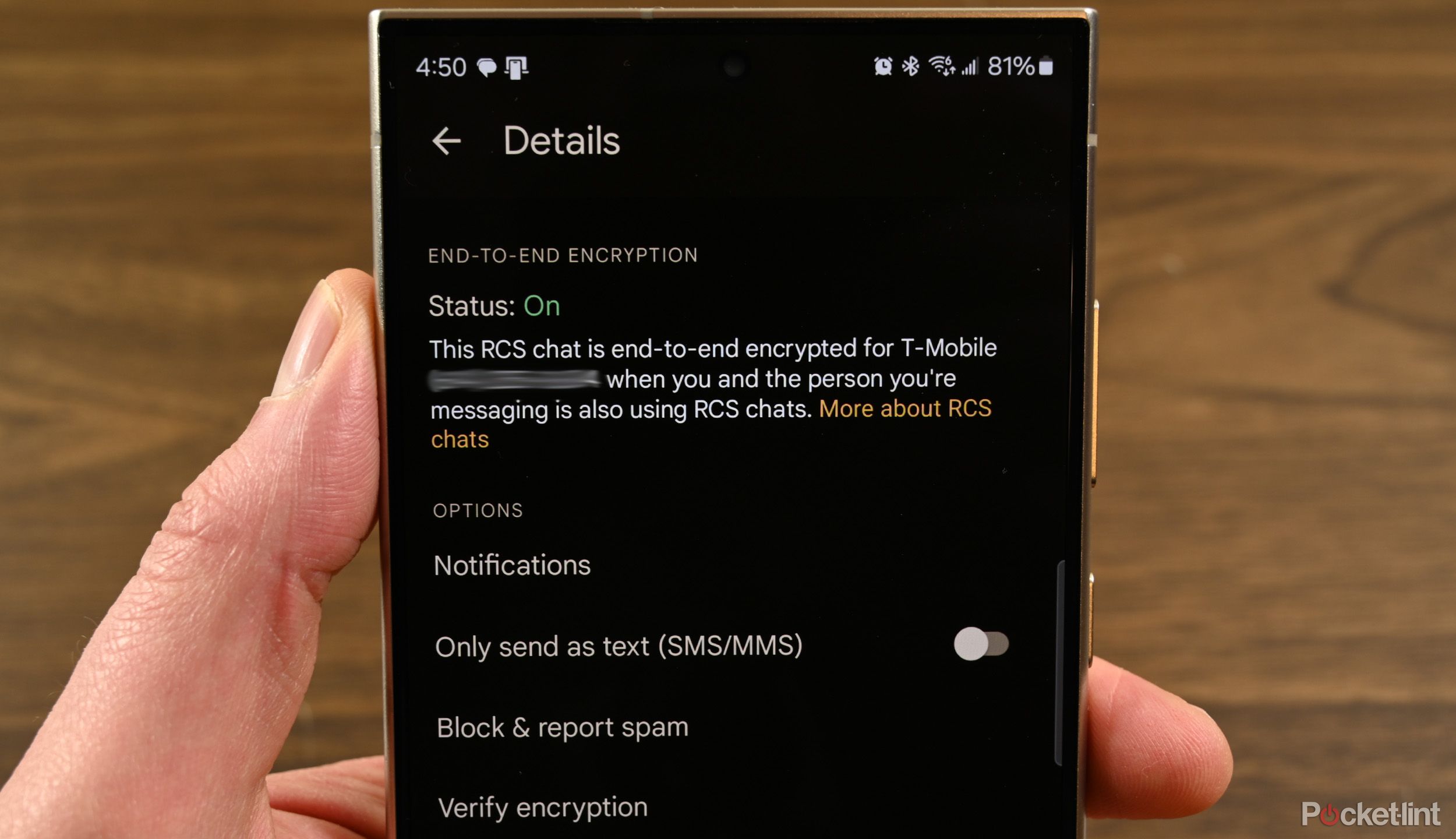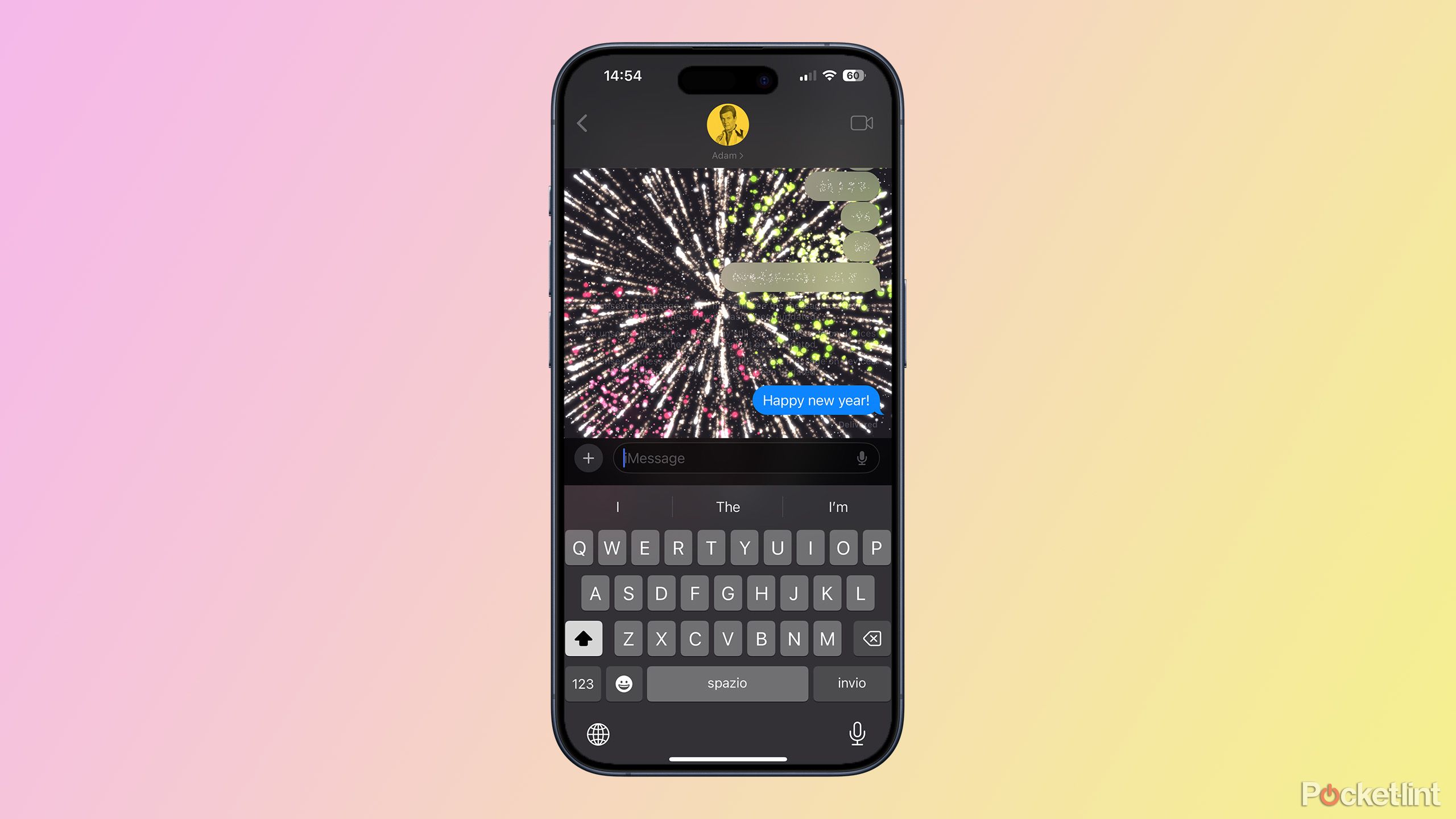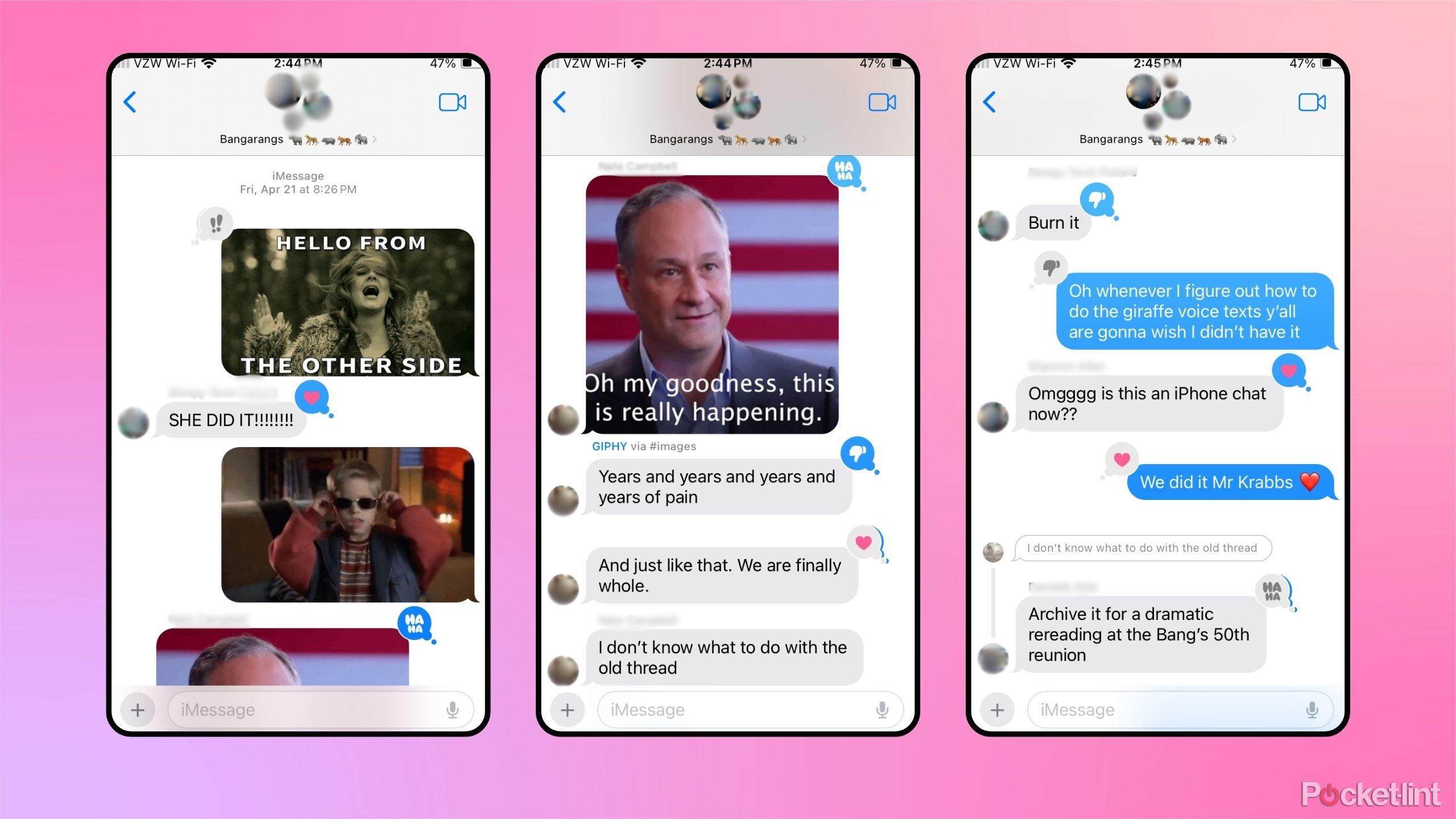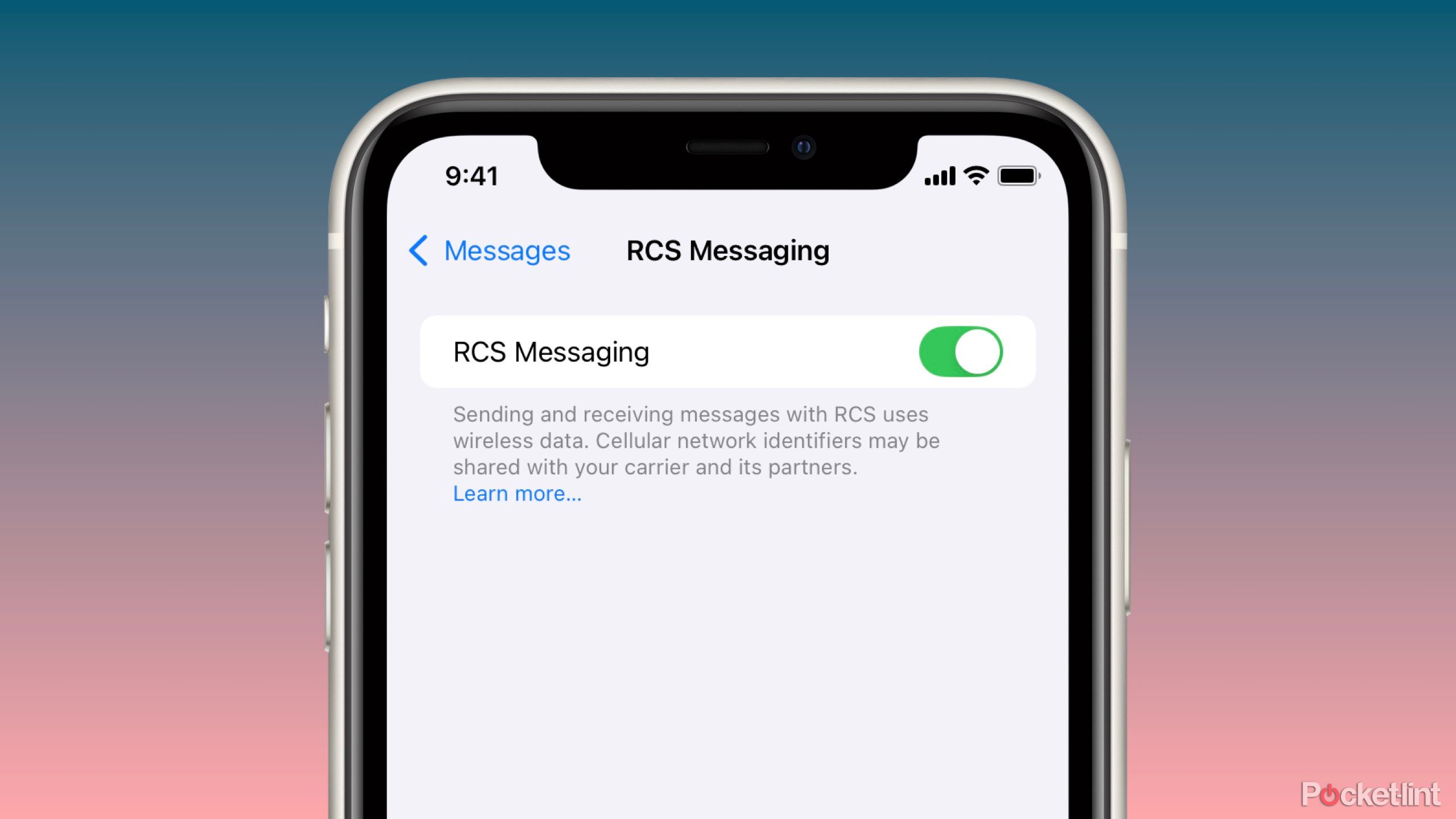Key Takeaways
- SMS is a text messaging standard that has been around for many years.
- SMS has been superseded by internet-based instant messaging services, and yet it still remains commonly used in some countries — the US and Canada in particular.
- Here are the main reasons why I’ve switched away from SMS texting whenever possible.
The Short Message Service (SMS) protocol is a decades-old texting standard that once represented the latest-and-greatest in text-based telecommunication. By today’s standards, however, it’s downright archaic. The internet age has spurred on rapid innovation within the texting scene, simply leaving SMS in the dust.
For much of the world, the SMS ship sailed long ago. Users have since moved on to internet-based instant messaging services, such as WhatsApp, Facebook Messenger, Discord, Telegram, among numerous others. Unfortunately for us here in North America, SMS texting has remained the de facto fallback option whenever iMessage isn’t available.
Here are 5 reasons why I’ve personally waned off of texting my friends and family over SMS, and why you should consider doing the same.
Related
How to easily switch your Android phone’s default SMS texting app
Android makes it simple to switch from one default texting app to the next — here’s how to start messaging friends with Textra, Chomp, et al.
1 SMS is terribly insecure
The lack of end-to-end encryption is perhaps the biggest SMS concern of them all
At its core, the SMS protocol has a fundamental flaw — it doesn’t support end-to-end encryption for incoming and outgoing messages. In short, this means that your cellular service provider (and indeed, governing bodies) are able to tap into any and all SMS messages you send out or receive.
As user sentiment towards the importance of privacy has hardened, SMS has become a liability. Even the likes of Meta’s Facebook Messenger now supports encryption by default, which is saying something. The quality of encryption varies from one texting platform to the next, but this added security measure within modern messaging services is an important step up from SMS.
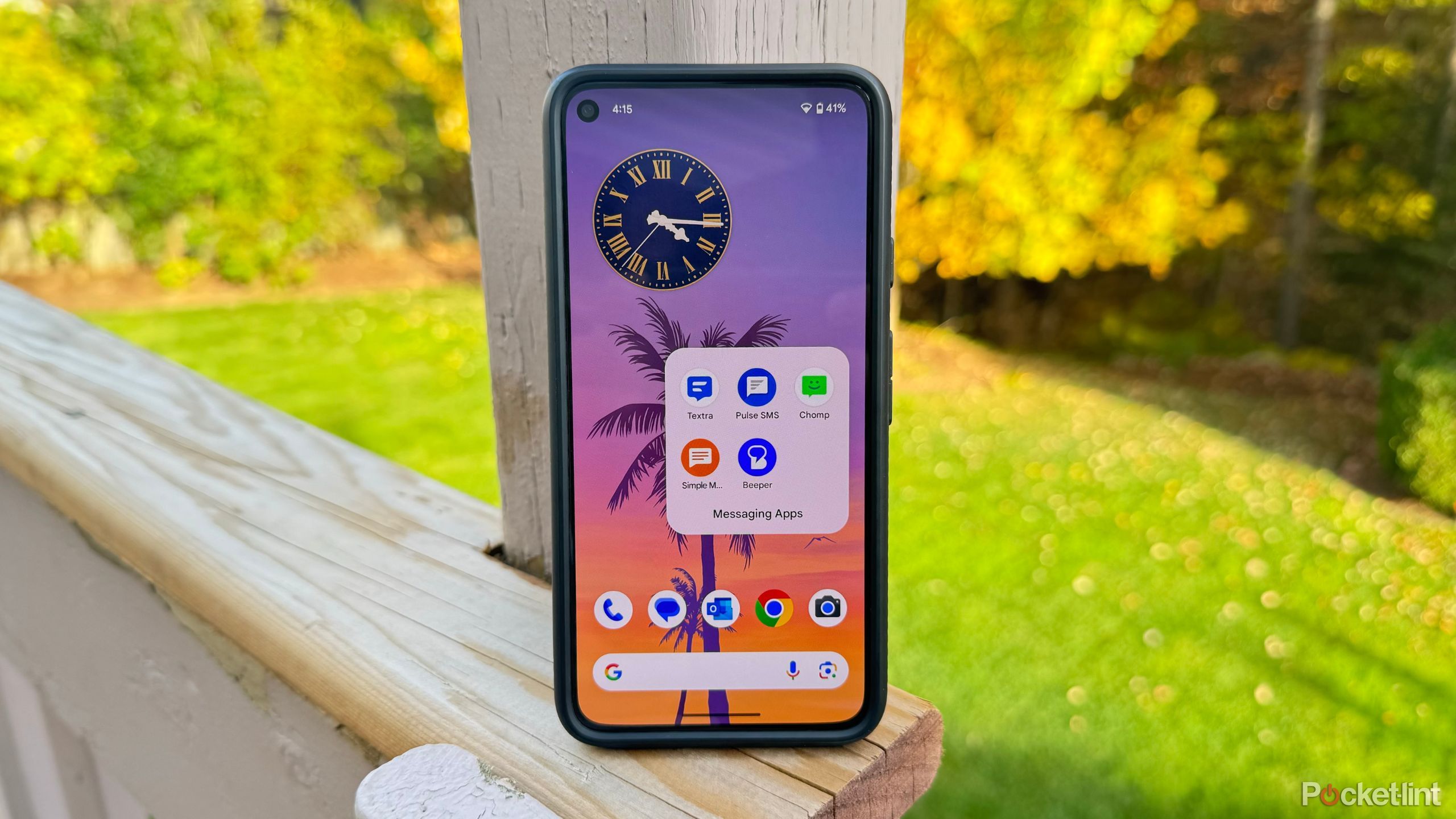
Related
These 6 third-party Android messaging apps bring me back to the glory days of SMS texting
Google Messages isn’t the only Android texting app in town — here are some excellent third-party alternatives.
2 SMS isn’t very expressive
Other texting services simply provide a more fun and interactive experience
Over the years, various tech companies have helped shape texting into what it is today. Emoji ‘tapback’ reactions, stickers, animated effects, audio messages, inline replies, and more are all staples of the modern messenger. The SMS standard has none of these fun features — all you get is plain text, along with a 160-character limit per message, to boot.
While some might dismiss these features as superfluous gimmicks, I personally believe that they provide genuine value. Like most people, I interact with others over text now more than ever before. Without these texting tools at the helm, it becomes difficult to convey emotion, sarcasm, and intent.

Related
Best gloves for texting: Keep your fingers warm as you type
Stay warm and productive as temperatures drop with these texting-optimized gloves.
3 SMS ruins both group chats and photo sharing
Confusing multi-threaded group chats and pixelated photos plague the SMS standard
When the SMS standard was initially being specified, group chats and multimedia sharing weren’t top of mind. Cellphones were far less capable to begin with, and most people relied on a PC for anything more than the simplest of text messages.
Times have changed, and many of us now use our phones to send high-resolution photos and videos to friends and family.
Times have changed, and many of us now use our phones to send high-resolution photos and videos to friends and family on a regular basis. Purpose-themed group chats are also more commonplace these days, as evidenced by the popularity of naming said chats.
From a technical perspective, SMS is simply incapable of keeping up with the times, and it provides very little utility by the standards of the present day. Multimedia Messaging Service (MMS) was later introduced to the market to address this particular shortcoming of SMS, but it’s 3.75MB data size limitation makes it an inadequate alternative.
4 SMS can’t be used over cellular data or Wi-Fi
In today’s internet-first world, this is a major inconvenience
Netgear
Outside of SMS, just about every other text messaging platform does its job via an active internet connection, whether that be cellular data or Wi-Fi. SMS, on the other hand, isn’t a beneficiary of the World Wide Web. This limits the utility of the protocol to a great degree, and it’s become a particular sore point in recent years.
For those times when you can’t seem to catch a strong enough reception signal, SMS becomes a dead weight.
For those times when you can’t seem to catch a strong enough reception signal, SMS becomes a dead weight. Data plans and Wi-Fi routers, meanwhile, are just about everywhere these days. The inability to use SMS over these technologies is a real bummer, and in some instances, it even has the potential to become a safety concern.
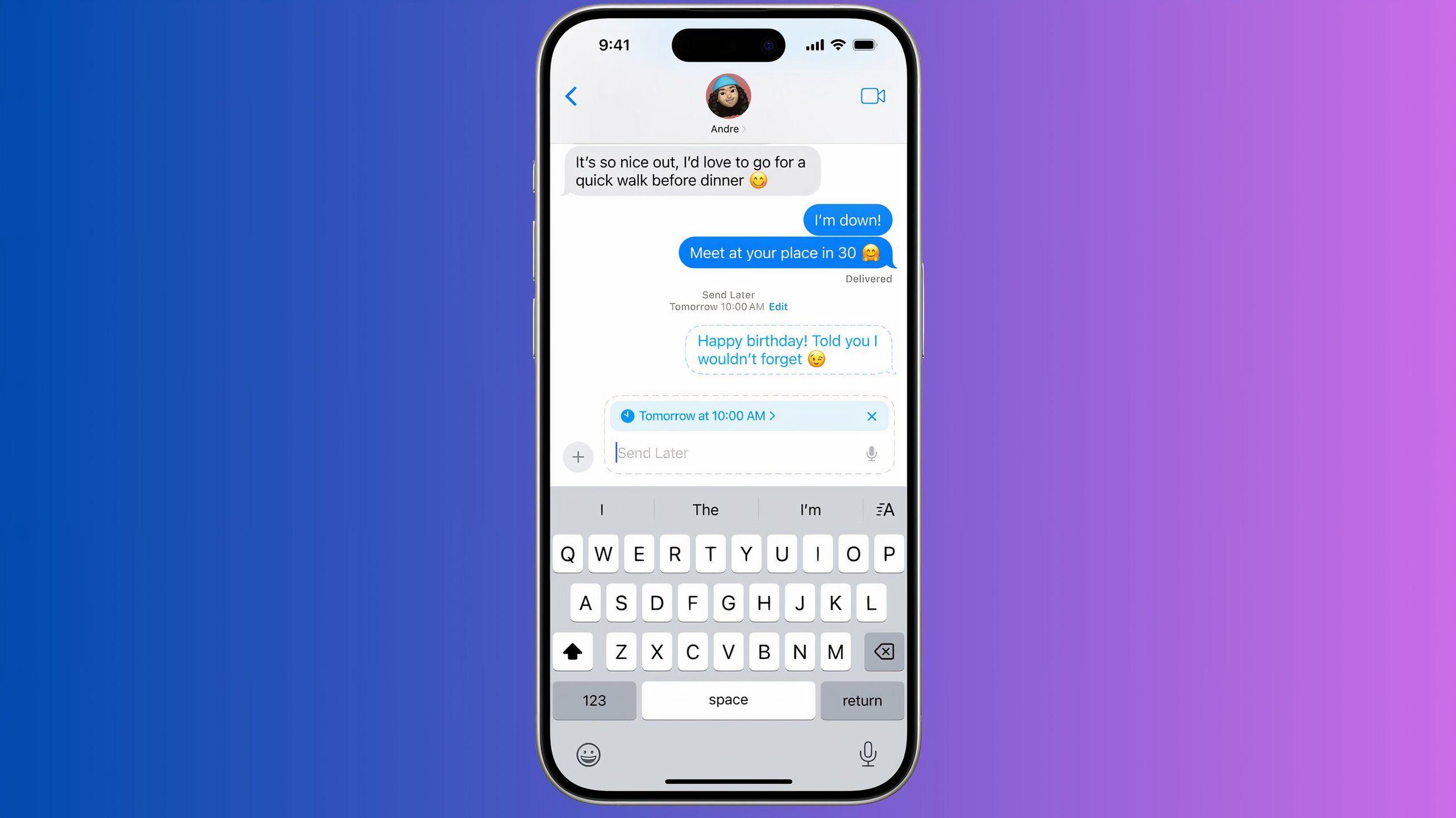
Related
Apple takes Messages to the next level with scheduled send and more fun features
It’s not AI-centric, but these new iOS 18 iMessage features boast more efficient, personality-filled communication.
5 A superior protocol known as RCS already exists
It’s taken longer than it should, but RCS is finally getting off the ground
The irony in this SMS kerfuffle is that it never had to be this way — a newer, better texting standard was actually developed by the mobile communications industry a number of years ago. It’s called Rich Communiction Services (RCS), and it’s based on the Universal Profile standard established by the Mobile Communications Association (GSMA).
The irony in this SMS kerfuffle is that it never had to be this way.
RCS brings with it all the hallmarks of a modern texting standard, including read receipts, typing indicators, better group chats, multimedia support, and the ability to be used over Wi-Fi or cellular data. There are multiple ‘flavors’ or RCS, with Google’s implementation having gained traction over the past couple of years. Google’s RCS tech is built into its popular Google Messages app, and expands on the protocol with additions like encryption, message reactions, and more.
Apple has also gotten on board the RCS train, albeit reluctantly. iPhones running iOS 18 or newer are able to send RCS chats to Android users, and can do so within the native Messages app. This development is a meaningful one — now, cross-platform messaging isn’t hamstrung by SMS, which is long due for retirement.
This newfound proliferation of RCS is the biggest reason why I’ve switched off SMS texting in its entirety — its superior successor is now (mostly) readily available, which makes it far easier to kick SMS to the curb.
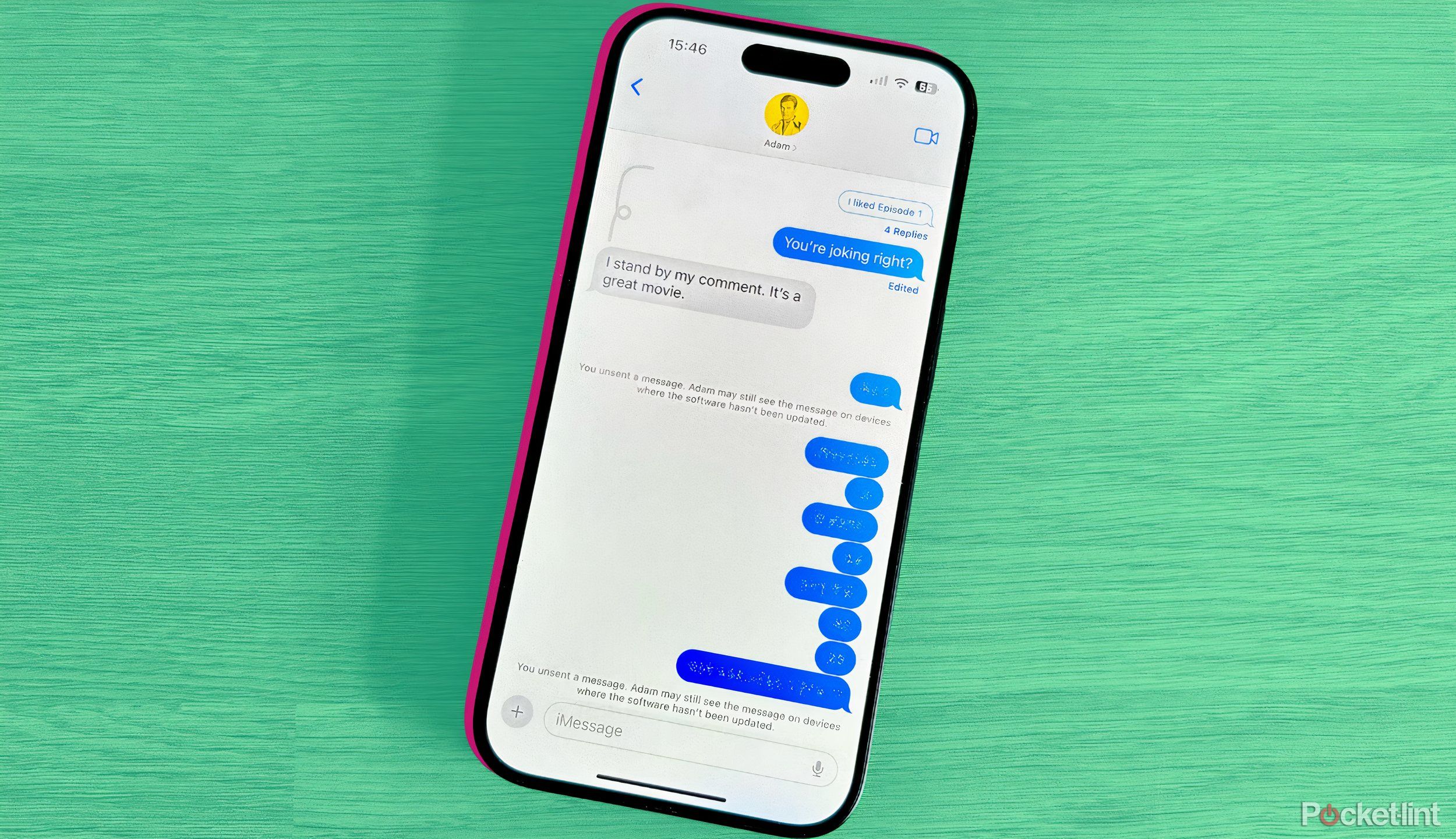
Related
7 features RCS should steal from Apple iMessage
RCS is coming to iPhone, but it’s missing some of iMessage’s best features.
Trending Products
